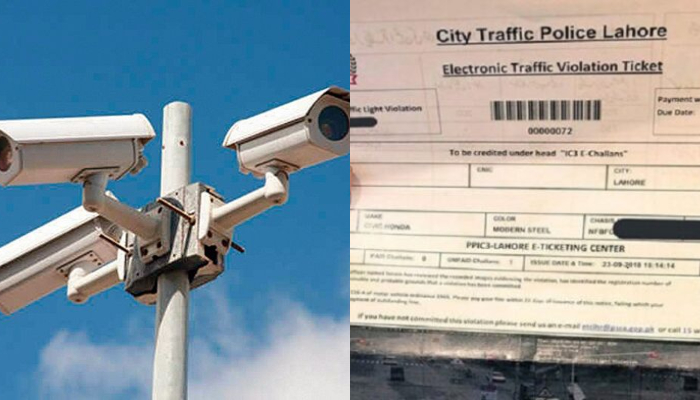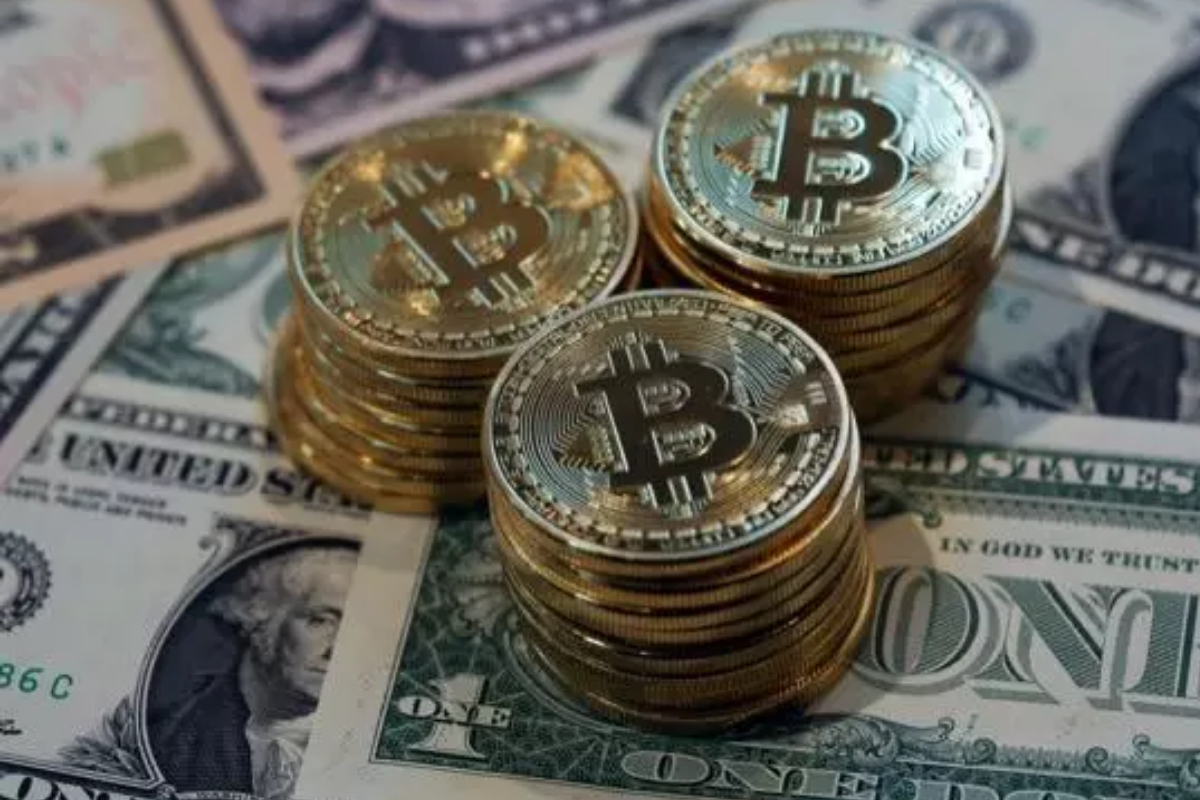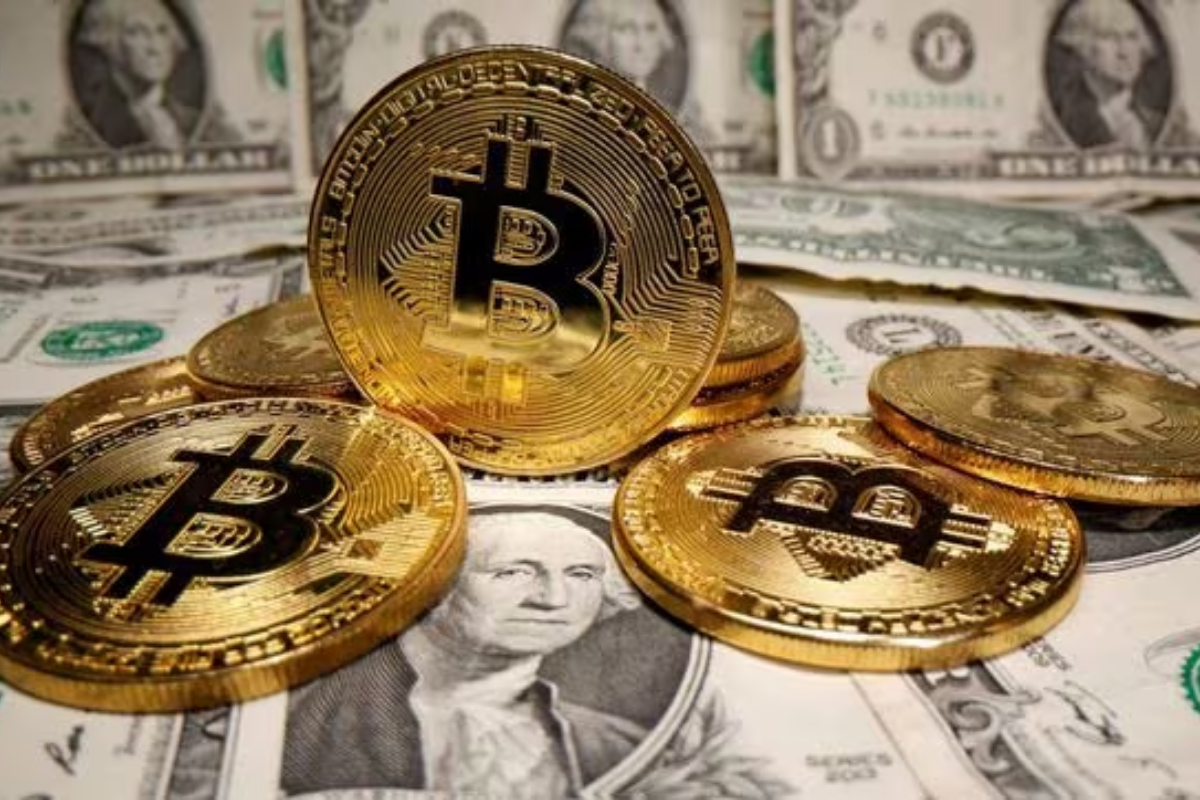Elon Musk bought Twitter by selling a large amount of stock and profiting handsomely.
Musk’s stock sale, however, could result in a massive tax savings due to a loophole in US tax law.
Musk sold $8.5 billion in Tesla stock last month for more than 100 times what he paid for it (he exercised options and bought them for a massively reduced price).
The IRS, on the other hand, doesn’t care how much Musk paid for the stock when he first bought it; it only concerns how much the shares were worth when he bought and sold them.
Musk bought 22.9 million shares of Tesla stock for more than $1,000 each late last year, but the price had collapsed by the time he sold 9.6 million shares last week, and he received only $883 per share on average.
The difference is approximately $1.7 billion.
According to the IRS, the sale might result in a large tax loss, saving Musk between $400 million and $700 million in future taxes.
It may appear to be a form of deception, but it is legal and a frequent practice among rich investors.
Huge tax break depicted
Musk received Tesla shares as part of his remuneration for being CEO at the end of last year when he exercised options.
Even though each share was worth more than $1,000, Musk only paid $6.24 per share to exercise the options.
The cost of shares or other assets at the moment of purchase is usually the basis. When calculating capital gains tax, that amount is deducted from the revenue received by the investor.
Musk had to pay income taxes on the value of the shares when he exercised the options because they were earned as part of his remuneration as CEO.
Last year, he owed $11 billion in taxes, prompting him to sell 10.3 million of the shares he had acquired, largely to cover withholding tax.
However, in the eyes of the IRS, the value of the shares, not his nominal out-of-pocket payment of $6.24 per share, constituted the foundation for the remaining 12.6 million shares.
It’s unclear whether the shares he bought last year are the same ones he just sold.
However, tax experts believe it’s likely since those shares would have the greatest cost basis of any of his holdings.
“Of course, you’ll sell the big basis shares first because the law allows it,” said Lee Sheppard, contributing editor of Tax Notes Federal.
When selling a portion of a holding, tax law permits investors to pick and choose the shares they sell.
And tax experts believe that selling the shares Musk obtained by exercising options in the final two months of 2021 will save him the most money in the long run.
“It’s a common tactic,” said Steve Rosenthal, a senior fellow at the independent Tax Policy Center.
“Taxpayers enjoy using their losses as an investment vehicle.”
Musk’s paper tax loss means that, depending on how long he held onto whatever item he is selling for a profit, he can avoid paying taxes on that amount of capital gains in the future.
He’ll be able to use that tax loss only against future capital gains, not against any normal income tax he could due. He can, however, wait till he has a gain to employ it.
“He can carry it forward indefinitely,” Sheppard added.
He might not have to wait for very long.
He could, for example, conceal $1.7 billion in gains on some of his privately held SpaceX holdings if he sold them to create funds for his Twitter purchase.
If he is subject to capital gains tax as a result of trading crypto currency, it could also be avoided.
In the longer term, if he buys Twitter (TWTR) and then takes it public, up to $1.7 billion of any profit he gets on that transaction might be shielded from capital gains taxes.
Musk and others in his position benefit greatly from the ability to compute capital gains or losses using the value of the shares at the time of acquisition rather than the nominal amount the shares cost him.
“It’s a fantastic deal,” Rosenthal added. “If someone offered me the option to buy Tesla stock for $6.24 per share when it was worth $1,000, I would take it. I’d be ahead even if I were to share a large portion of it with the government.”


















